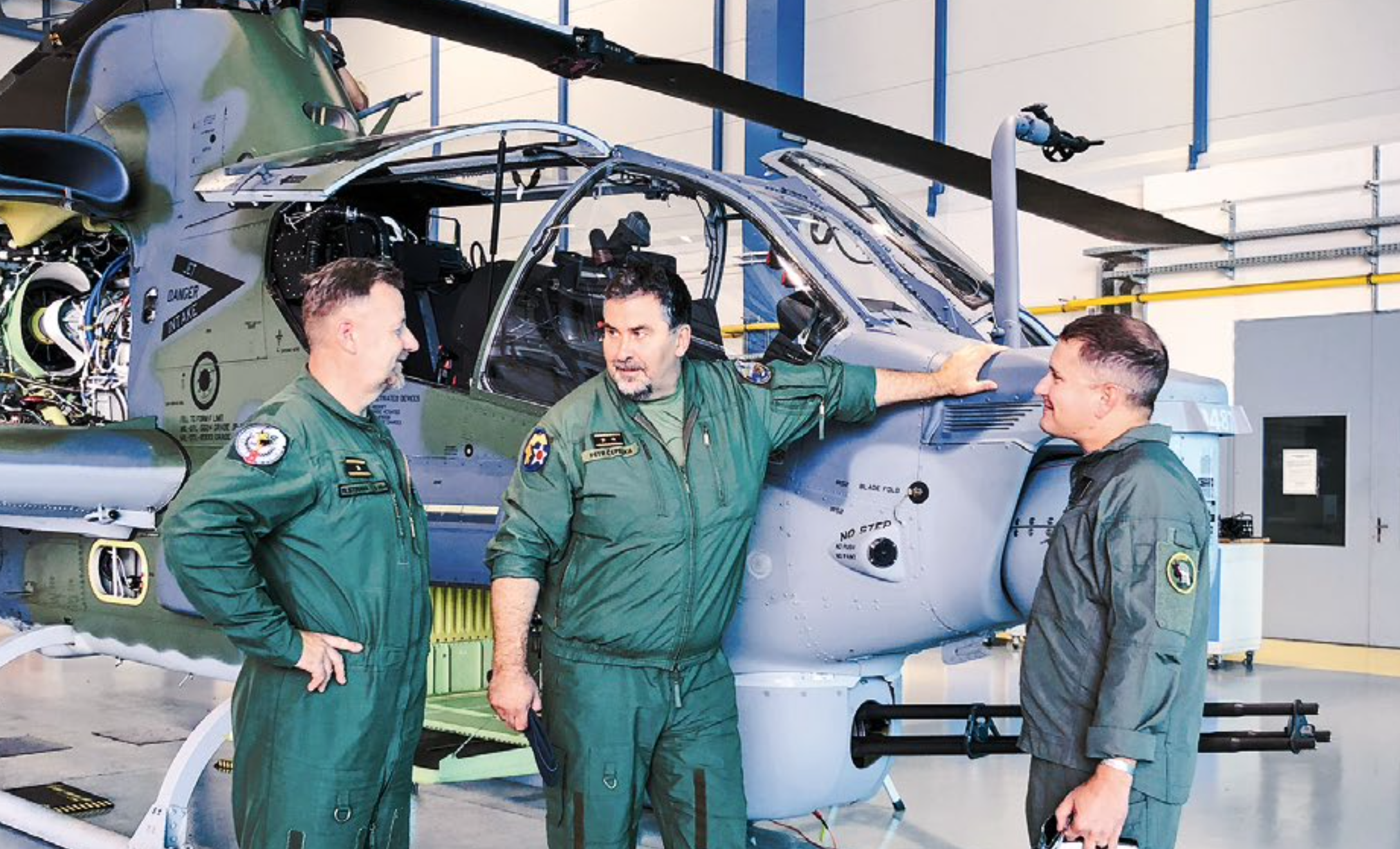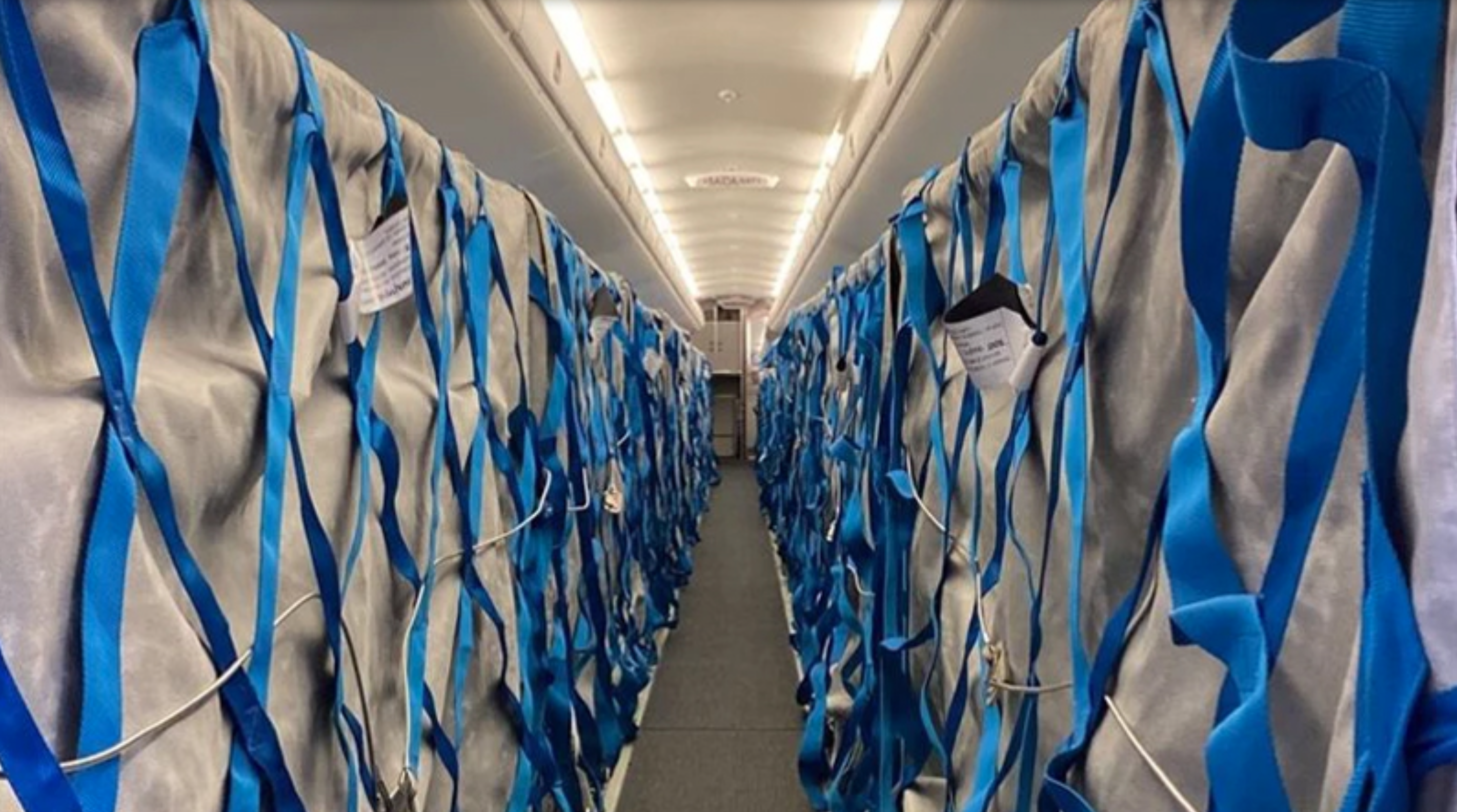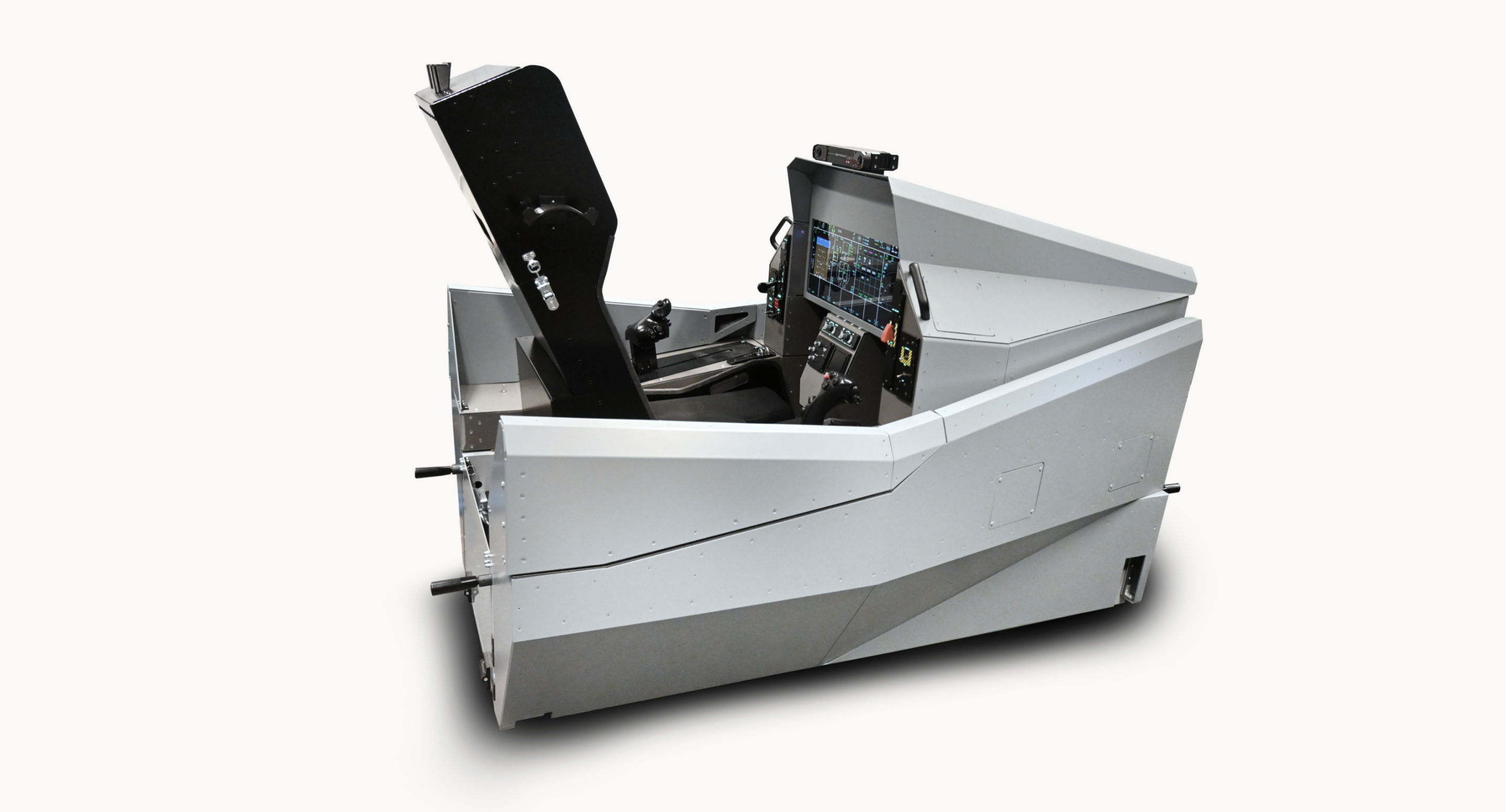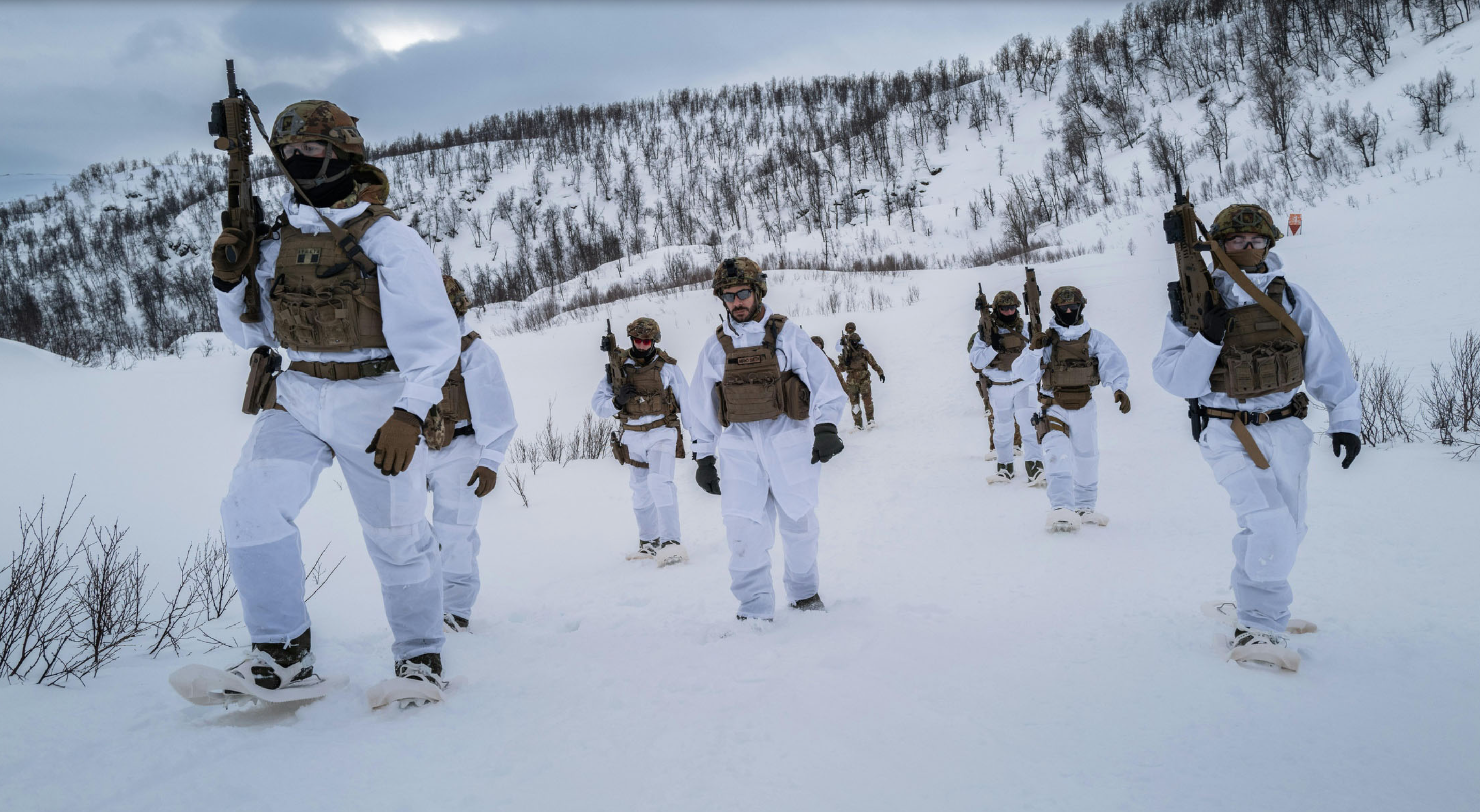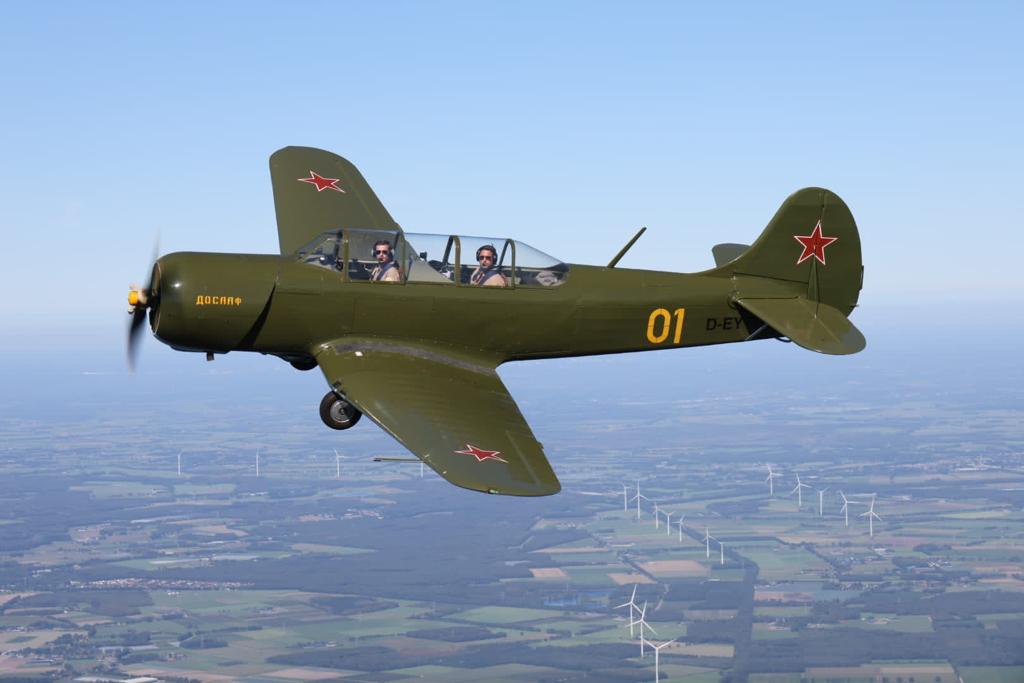Belgium joined Bulgaria, Croatia, the Czech Republic, Greece, Hungary, Montenegro, North Macedonia, Portugal, Romania, Spain, and Turkey, to work on establishing a network of pilot training facilities across Europe.
The NFTE aims to ensure that sufficient state-of-the-art pilot training is available around Europe in a manner that is cost-efficient and interoperable. This is a high priority, given that for many smaller European Allies, national pilot requirements do not justify national training centers. As a result, Allies often send their pilots for training to the United States, creating additional strain on US capabilities.
“This initiative will strengthen European pilot and training capacity and decrease NATO’s reliance on US training facilities. It will thus contribute to better burden-sharing”, said Deputy Secretary-General Mircea Geoană.
The NFTE will leverage existing national and multinational facilities in Europe and, where necessary, expand or potentially create new training capacity to address training requirements for all different types of pilots. These can include basic, intermediate, and advanced categories of training for a fighter jet, helicopter, and transport pilots, as well as the personnel who remotely pilot unmanned aircraft.
Belgium joined the project by signing, with the existing project participants, an amendment to the initiative’s Letter of Intent, in the margins of the virtual February Defence Ministerial Meeting.
The signature of the amendment to the NFTE Letter of Intent was held virtually and highlighted Defence Ministers’ continued commitment to the expansion of the project.




